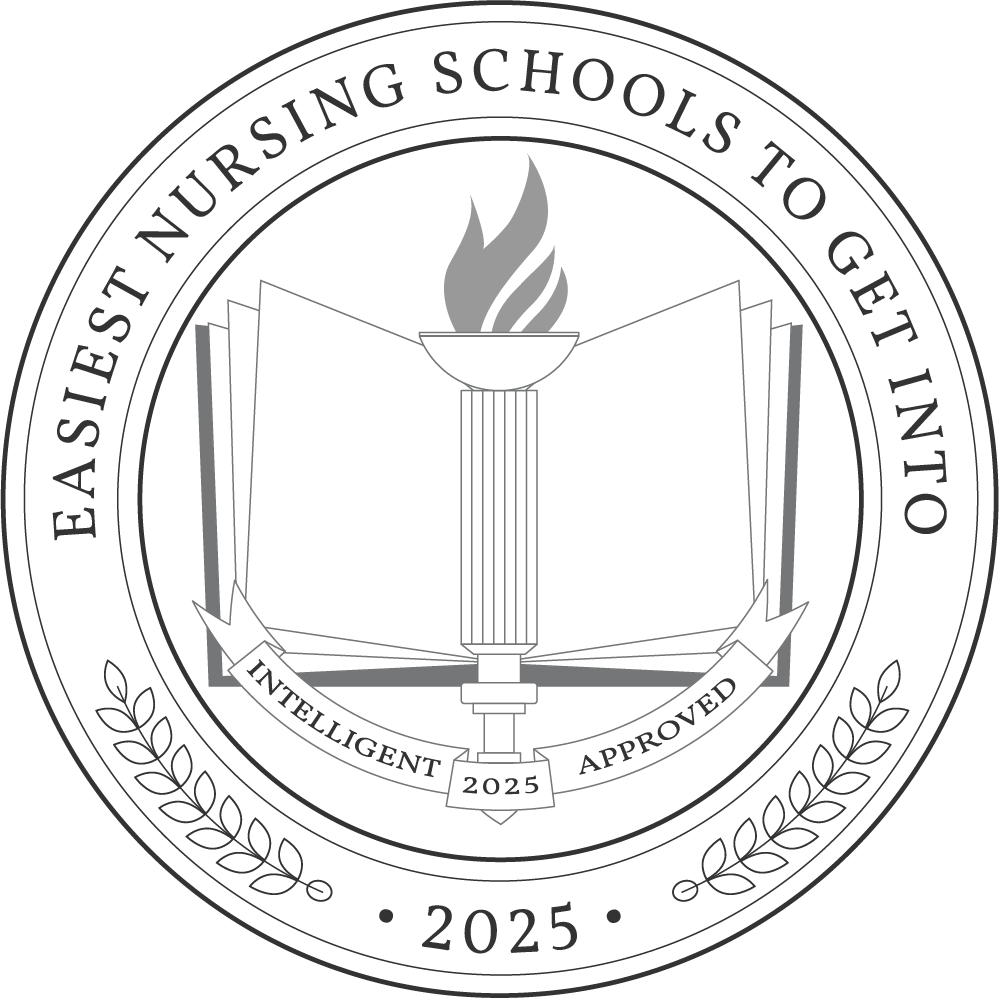Given the fact that registered nurses and advanced practice registered nurses are in high demand, it’s not surprising that many students choose to enter nursing school for their postsecondary education. However, the number of applicants to these programs also means that nursing schools often must be selective about who they admit.
For aspiring nurses who want to increase their odds of admission to a nursing degree program, Intelligent.com compiled this list of nursing schools with high acceptance rates. These schools make nursing degrees accessible with fewer prerequisites and admissions requirements. This article also explores the standard application procedures for undergraduate and graduate nursing degree programs, what to expect in nursing school, and how to choose the nursing school with a high acceptance rate that’s right for you.
Why Trust Us
The Intelligent.com Higher Education Team is dedicated to providing students with independent, equitable school and program rankings and well-researched resources. Our expert-driven articles cover topics related to online colleges and programs, paying for school, and career outlooks. We use data from the U.S. Department of Education’s College Scorecard, the National Center for Education Statistics, and other reputable educational and professional organizations. Our academic advisory team reviews content and verifies accuracy throughout the year for the most current information. Partnerships do not influence rankings or editorial decisions.
- Analyzed over 2,000 national, accredited, and nonprofit colleges and universities
- 800+ rankings pages are reviewed and updated yearly
- Content is informed by reputable sources, surveys, and interviews with academic advisors and other experts
- Over 100 data points are reviewed for accuracy and quality throughout the year, including sources
How we rank schools
Our list features the Easiest Nursing Schools to Get Into at top colleges nationwide. Each school featured is a nonprofit, accredited institution — either public or private — with a high standard of academic quality for post-secondary institutions.
We evaluated each school’s program on tuition costs, admission, retention and graduation rates, faculty, reputation, and the student resources provided for online students. We collected data from trusted sources like the National Center for Education Statistics, individual school and program websites, school admissions counselors, and other data sources. Then, we calculated the Intelligent Score on a scale of 0 to 100 based on the following criterion:
Academic Quality:
- Admission rate versus enrollment rate
- Retention rate of students who return after year one
- Accreditation status (regional and programmatic)
- Nonprofit status, both private and public institutions
Graduation Rate
- Overall graduation rate
- Total number of currently enrolled students, including diversity metrics
- Student-to-faculty ratio
Cost and ROI
- In-state and out-of-state per-credit tuition rates and fees
- Required credits to graduate
- Earning potential after graduation
- Availability of federal student loans, scholarships, and other financial aid options
Student Resources
- Available student services for online-only and hybrid programs
- On-campus amenities like tutoring centers and the number of libraries
Read more about our ranking methodology.
Best 33 Nursing Schools with High Acceptance Rates
FiltersInstitution Type
Status
- Intelligent Score
- Alphabetically By University Name
- Acceptance Rate
- Enrollment
- In-state Graduate Tuition
- Out-of-state Graduate Tuition
- In-state Undergraduate Tuition
- Out-of-state Undergraduate Tuition

Oklahoma Wesleyan University
Intelligent Score: 99.51In-state: $27,424
Out-of-state: $27,424
In-state: $9,540
Out-of-state: $9,540
SAT: 930-1140
ACT: 18-23
CCNE
Town
bsn@okwu.edu
Commission on Collegiate Nursing Education
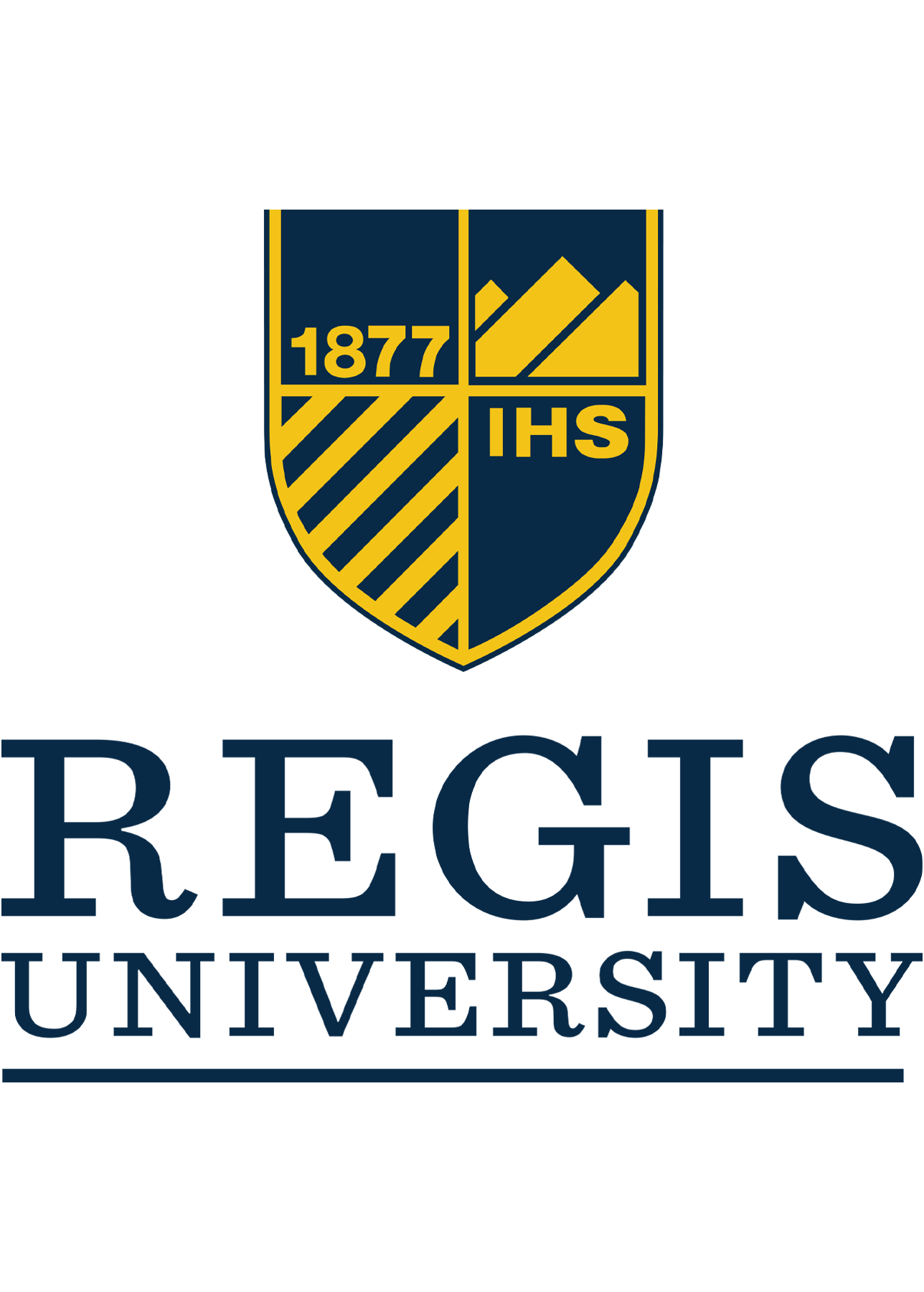
Regis University
Intelligent Score: 98.41In-state: $38,208
Out-of-state: $38,208
In-state: $14,322
Out-of-state: $14,322
SAT: 1000-1220
ACT: 21-28
CCNE
City
ruadmissions@regis.edu
Commission on Collegiate Nursing Education

The University of Texas at El Paso
Intelligent Score: 98In-state: $11,448
Out-of-state: $40,032
In-state: $12,028
Out-of-state: $12,028
SAT: 1210-1470
ACT: 26-33
CCNE
City
nursing@utep.edu
Commission on Collegiate Nursing Education
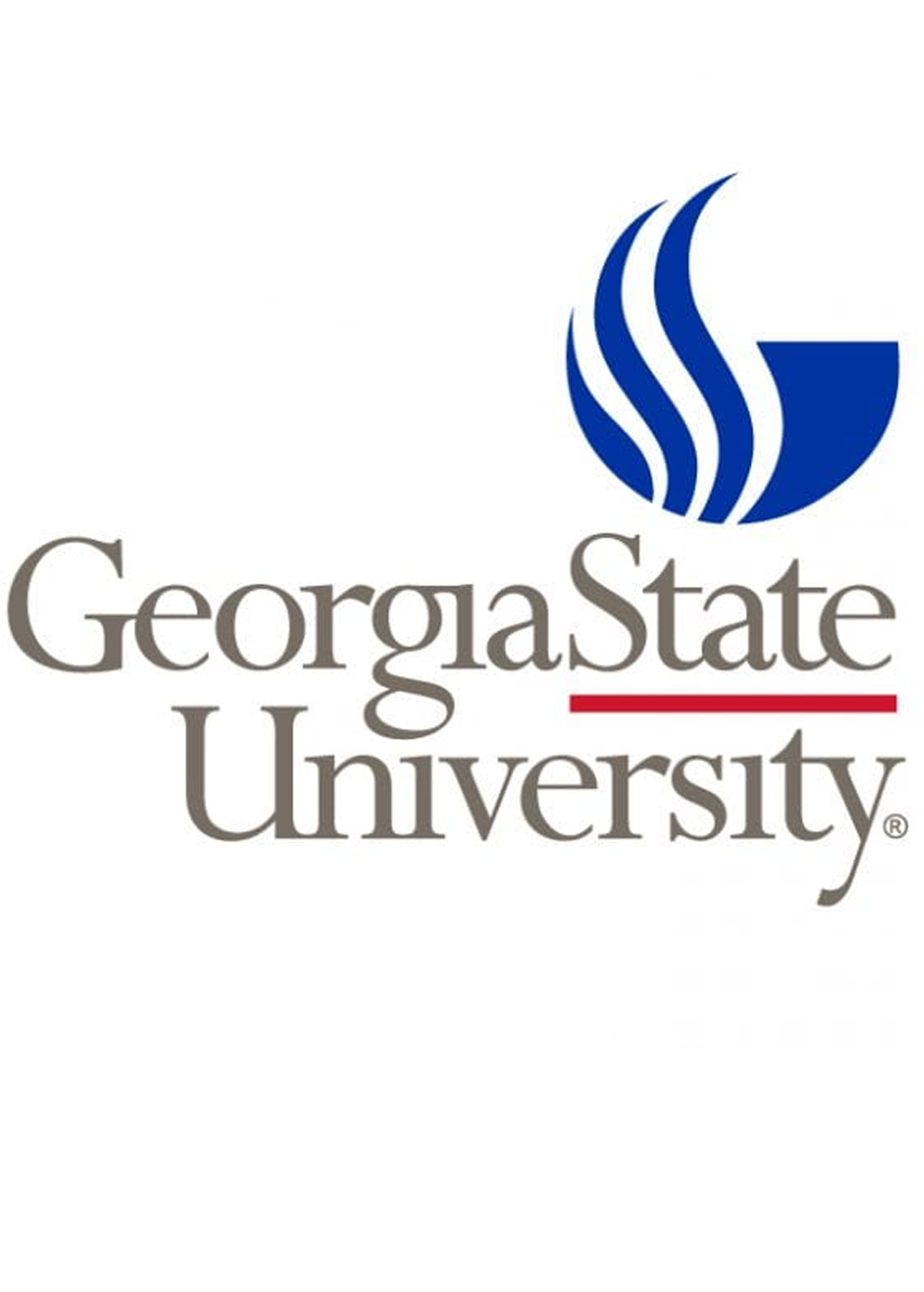
Georgia State University
Intelligent Score: 94.7In-state: $7,158
Out-of-state: $22,389
In-state: $7,164
Out-of-state: $7,164
SAT: 1030-1260
ACT: 20-26
CCNE
City
cnhpoaa@gsu.edu
Commission on Collegiate Nursing Education

University of North Carolina at Pembroke
Intelligent Score: 94.13In-state: $7,019
Out-of-state: $34,198
In-state: $10,552
Out-of-state: $10,552
SAT: 1280-1490
ACT: 28-33
CCNE
Town
admissions@uncp.edu
Commission on Collegiate Nursing Education
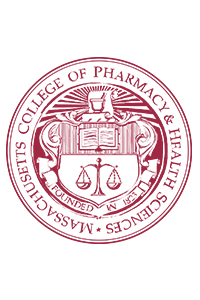
Massachusetts College of Pharmacy and Health Sciences
Intelligent Score: 93.23In-state: $39,240
Out-of-state: $39,240
In-state: $47,520
Out-of-state: $47,520
SAT: 1090-1370
ACT: 25-31
CCNE
City
admissions@mcphs.edu
Commission on Collegiate Nursing Education
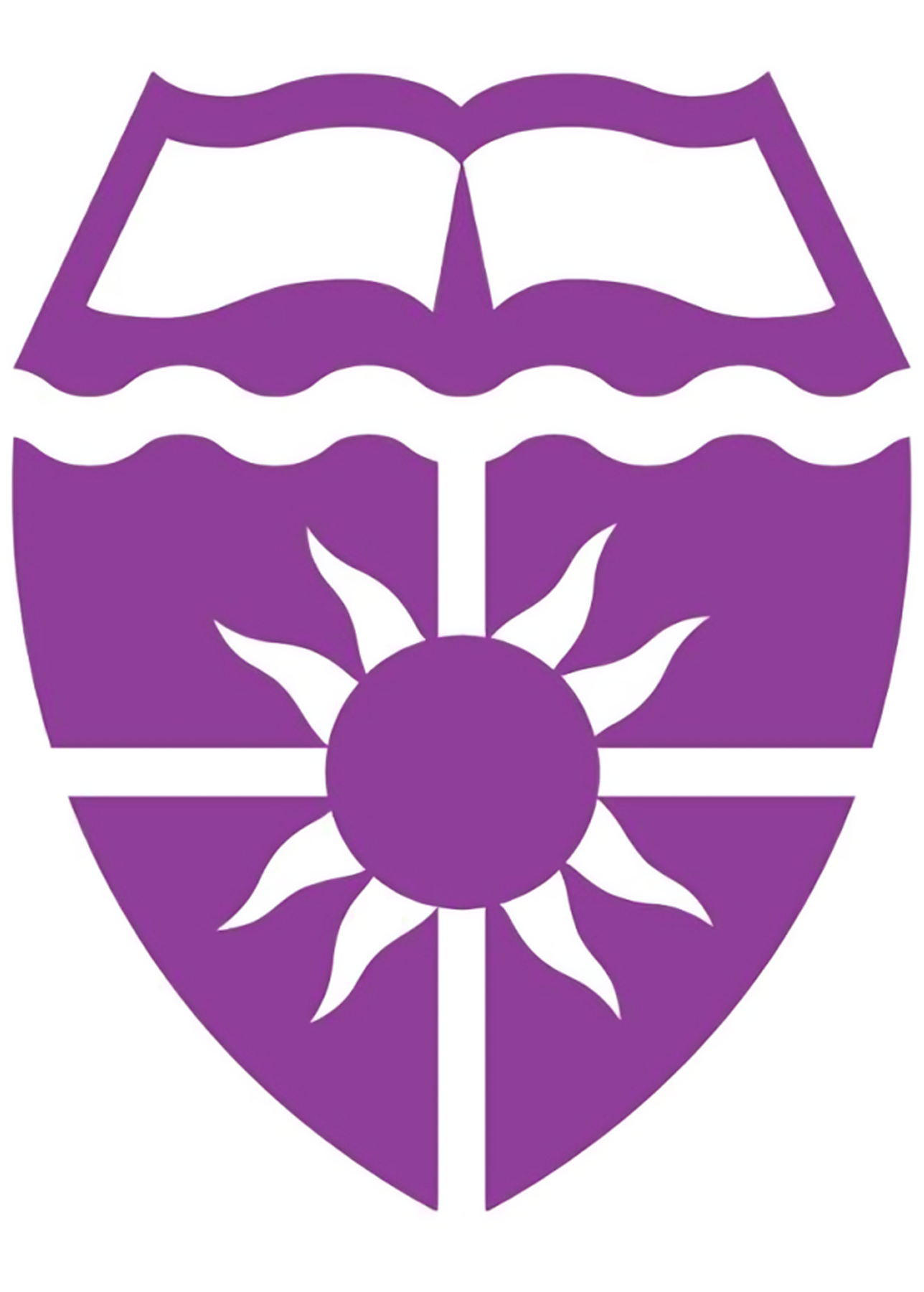
University of St. Thomas, Minnesota
Intelligent Score: 91.39In-state: $46,348
Out-of-state: $46,348
In-state: $24,589
Out-of-state: $24,589
SAT: 1130-1340
ACT: 23-29
CCNE
City
nursing@stthomas.edu
Commission on Collegiate Nursing Education
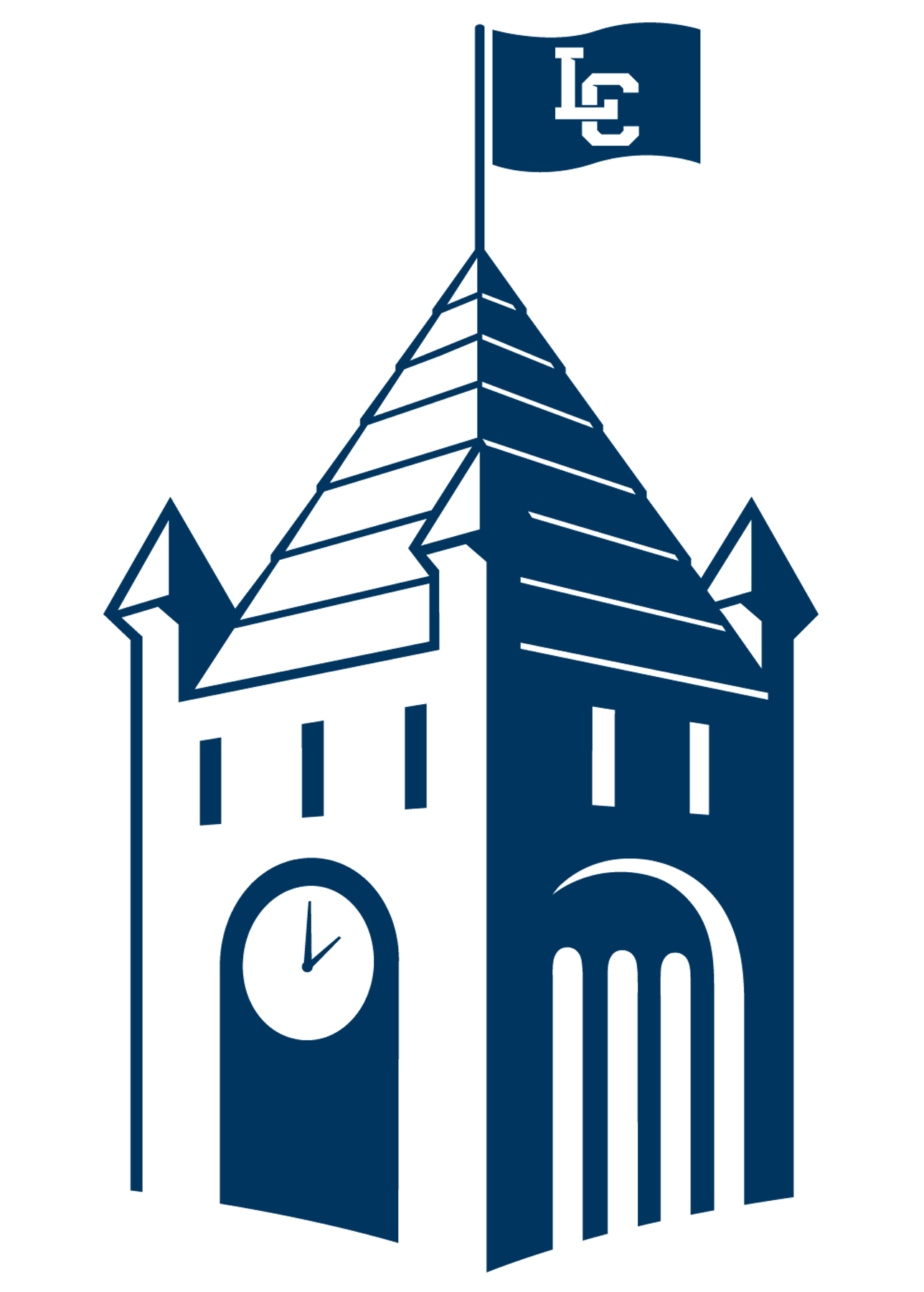
Lewis-Clark State College
Intelligent Score: 89.18In-state: NA
Out-of-state: NA
In-state: NA
Out-of-state: NA
SAT: 870-1110
ACT: 17-22
CCNE
City
nhs@lcsc.edu
Commission on Collegiate Nursing Education
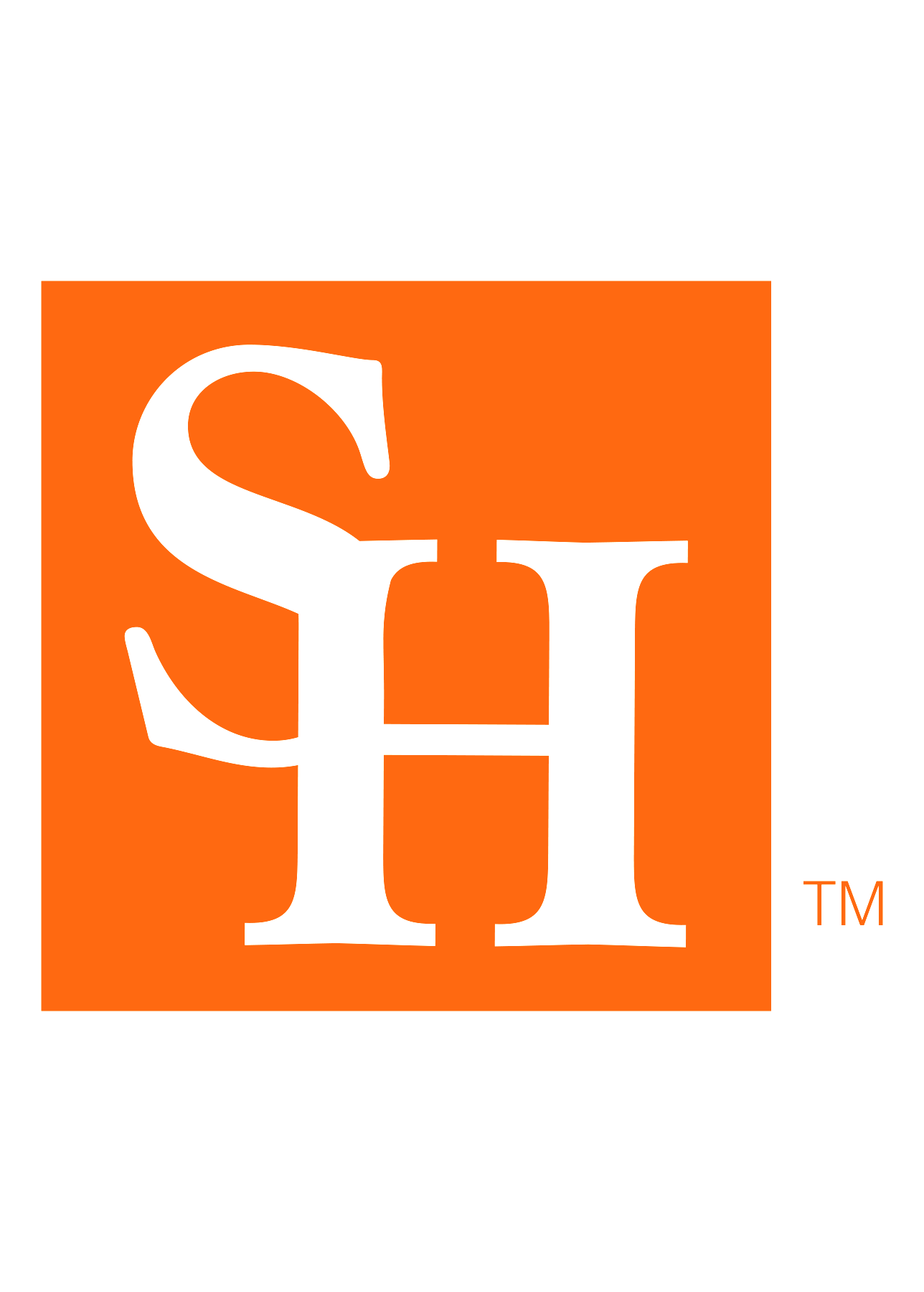
Sam Houston State University
Intelligent Score: 88.89In-state: $5,856
Out-of-state: $15,672
In-state: $5,765
Out-of-state: $5,765
SAT: 970-1120
ACT: 18-23
CCNE
Town
prenursing@shsu.edu
Commission on Collegiate Nursing Education

The University of New Mexico
Intelligent Score: 88.87In-state: $6,463
Out-of-state: $22,801
In-state: $5,920
Out-of-state: $5,920
SAT: 1030-1250
ACT: 17-25
CCNE
City
hsc-con-admissions@salud.unm.edu
Commission on Collegiate Nursing Education
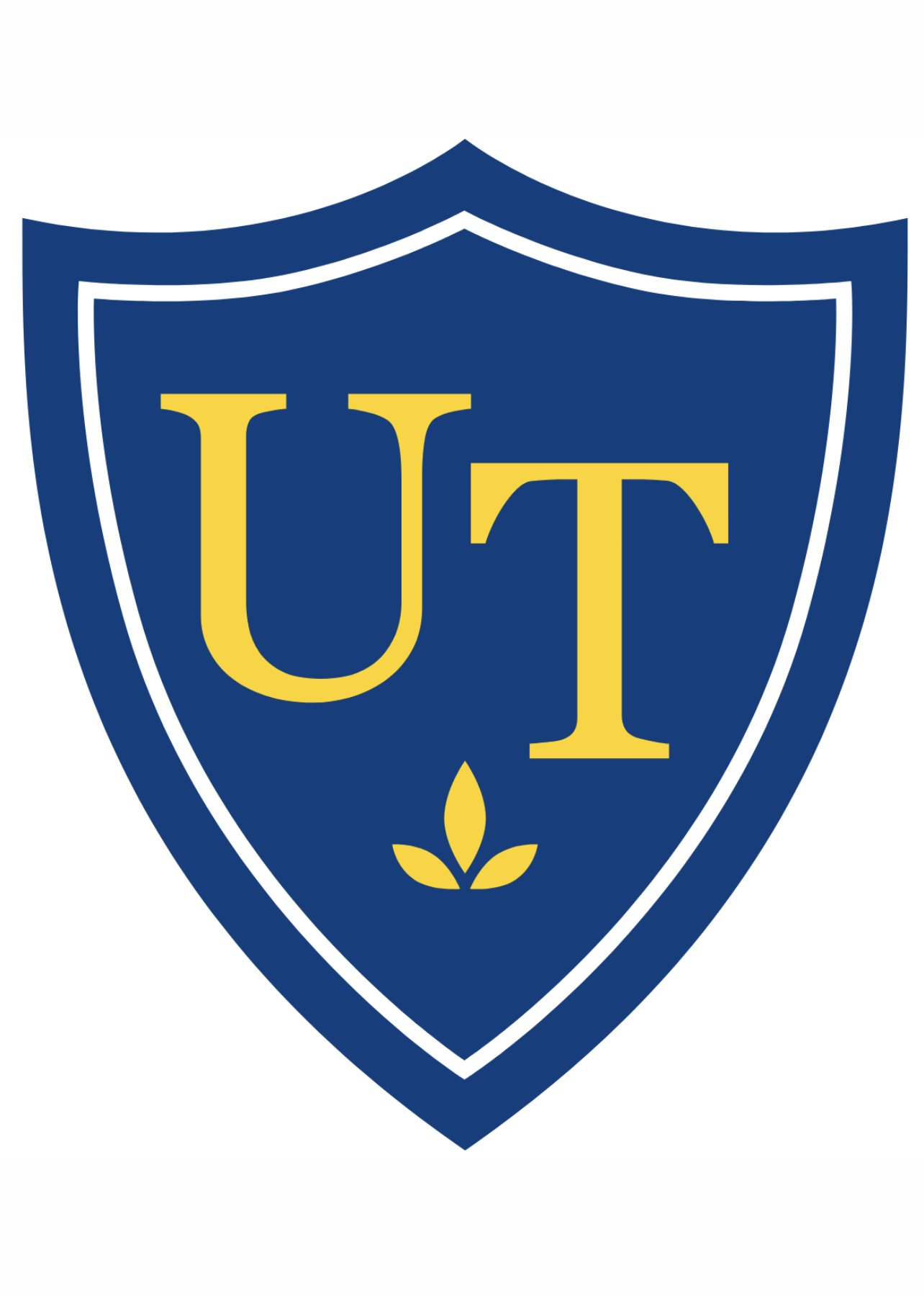
University of Toledo
Intelligent Score: 88.26In-state: $8,736
Out-of-state: $18,096
In-state: $14,398
Out-of-state: $14,398
SAT: 985-1210
ACT: 20-26
CCNE
City
admitnurse@utoledo.edu
Commission on Collegiate Nursing Education
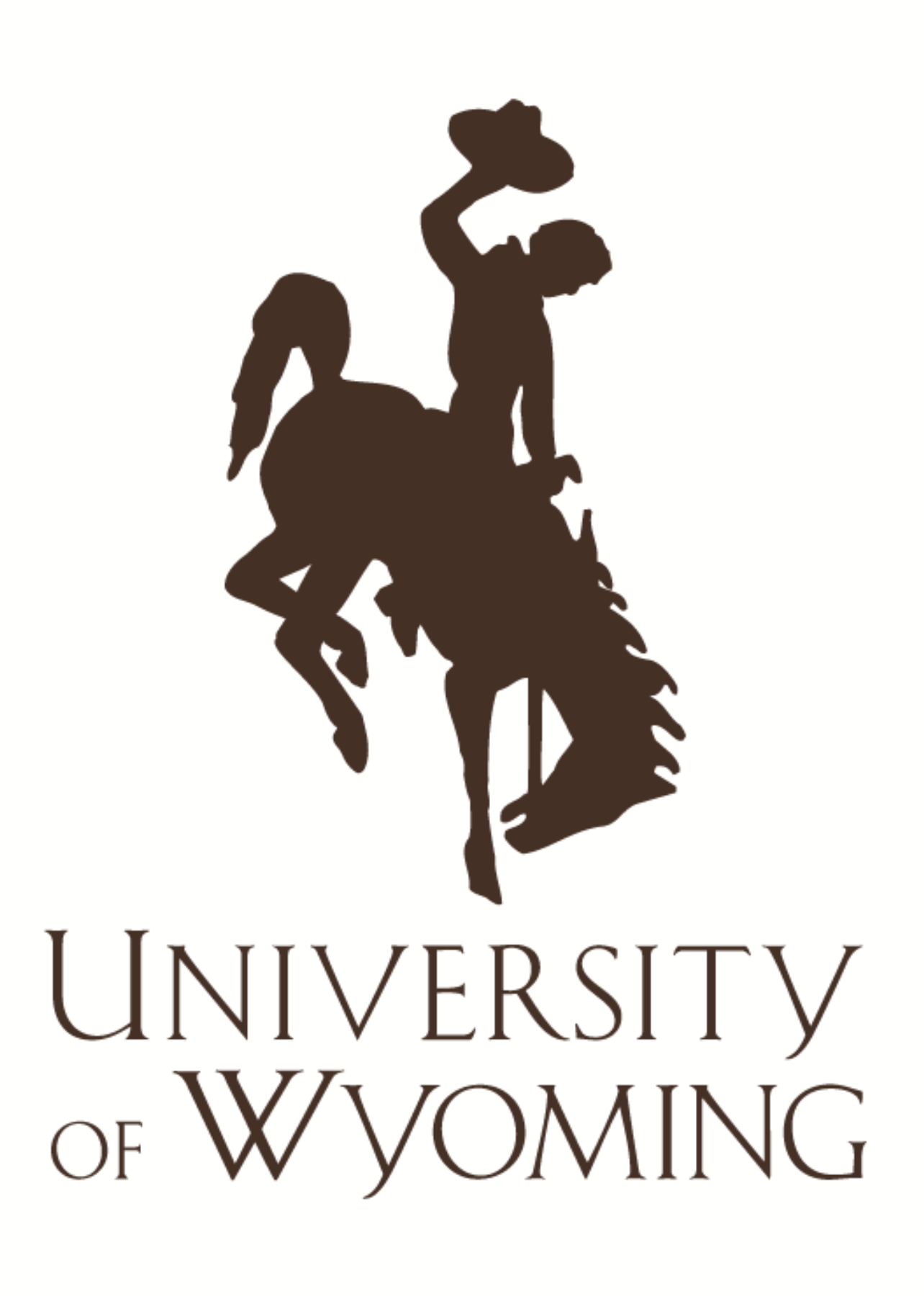
University of Wyoming
Intelligent Score: 87In-state: $3,480
Out-of-state: $14,472
In-state: $5,076
Out-of-state: $5,076
SAT: 1040-1240
ACT: 21-28
CCNE
Town
uwnursing@uwyo.edu
Commission on Collegiate Nursing Education
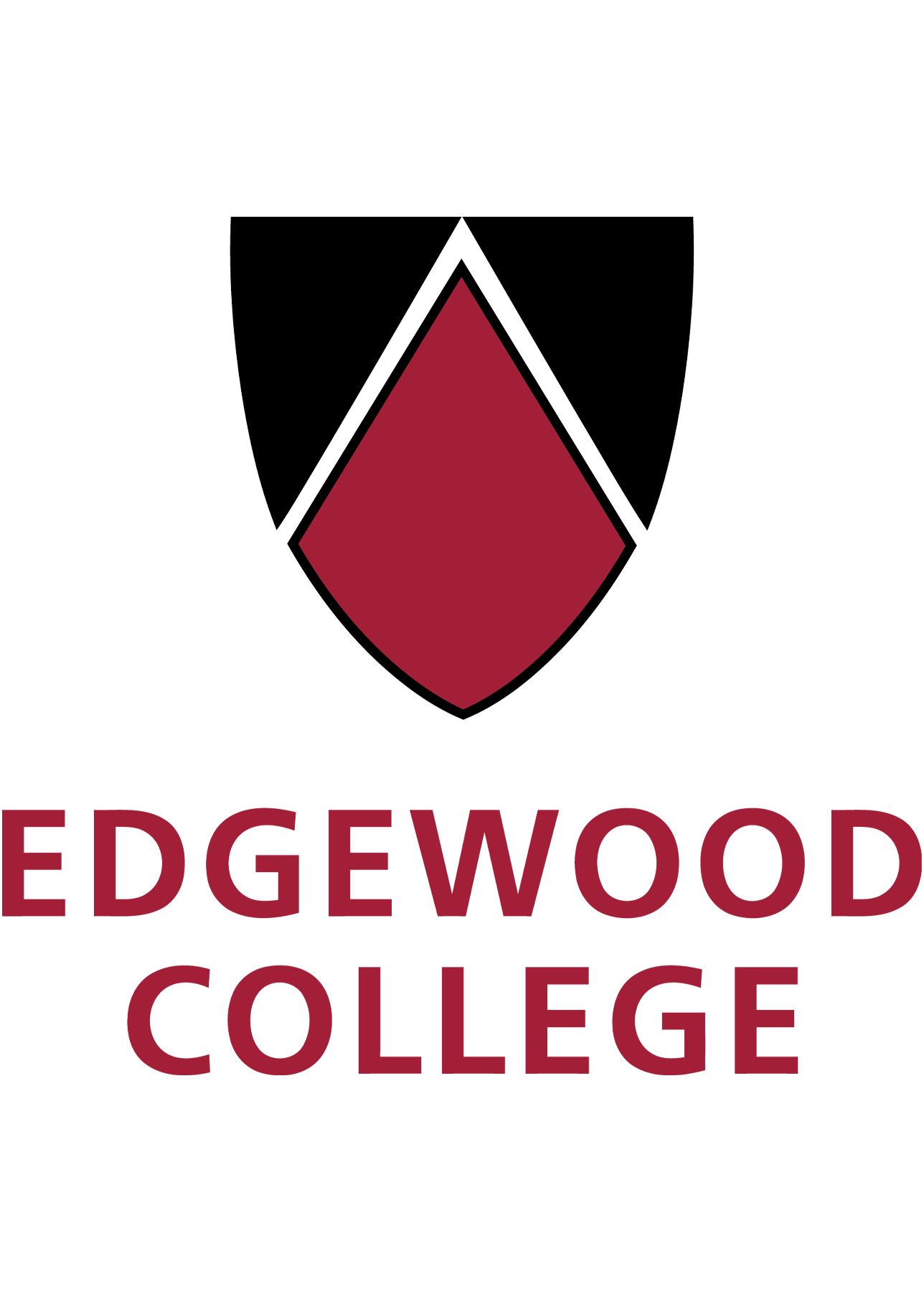
Edgewood College
Intelligent Score: 85.88In-state: $31,700
Out-of-state: $31,700
In-state: $18,576
Out-of-state: $18,576
SAT: N/A
ACT: N/A
CCNE
City
admissions@edgewood.edu
Commission on Collegiate Nursing Education
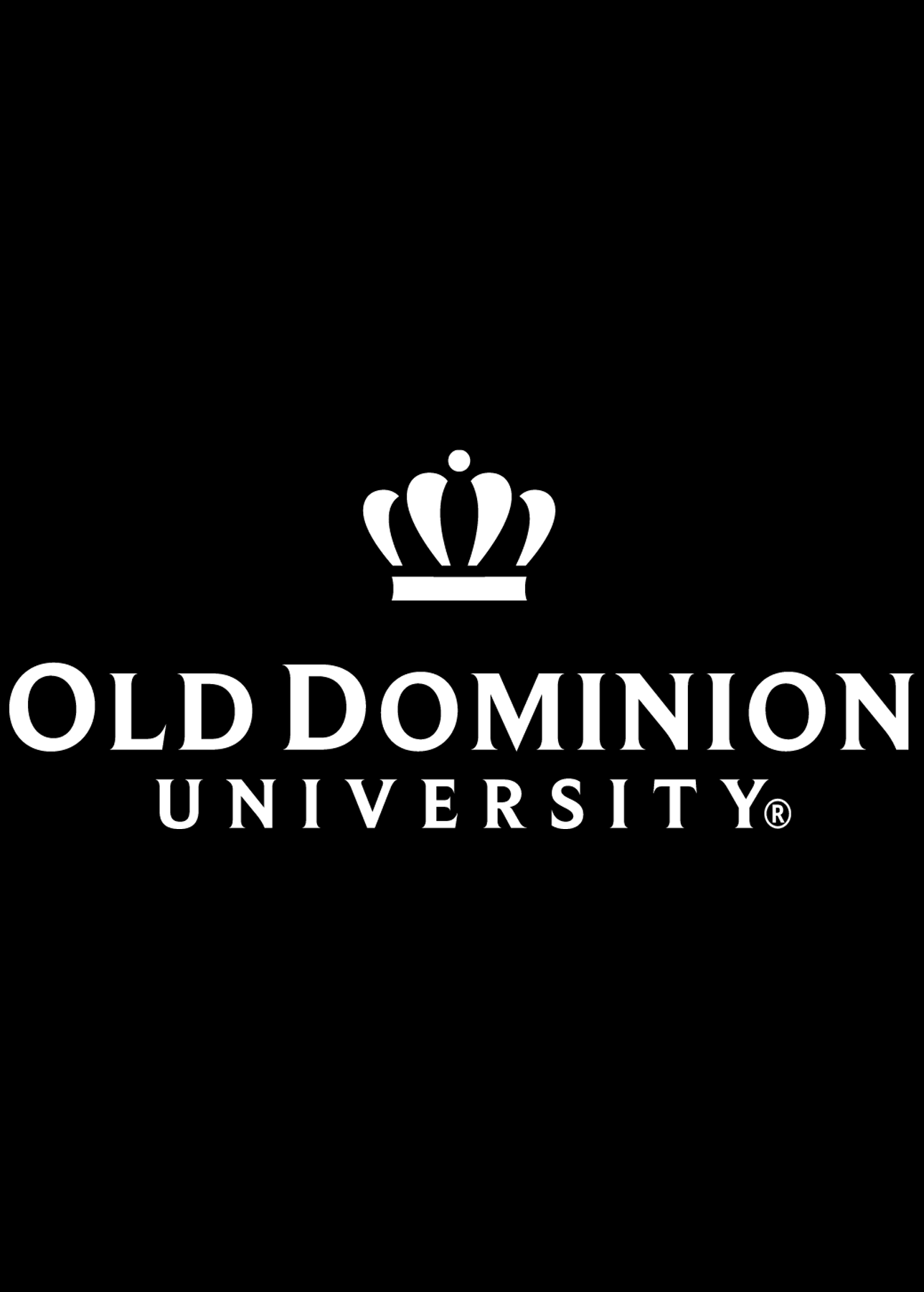
Old Dominion University
Intelligent Score: 85.01In-state: $7,029
Out-of-state: $26,664
In-state: $10,207
Out-of-state: $10,207
SAT: 960-1170
ACT: 18-25
CCNE
City
oduson@odu.edu
Commission on Collegiate Nursing Education
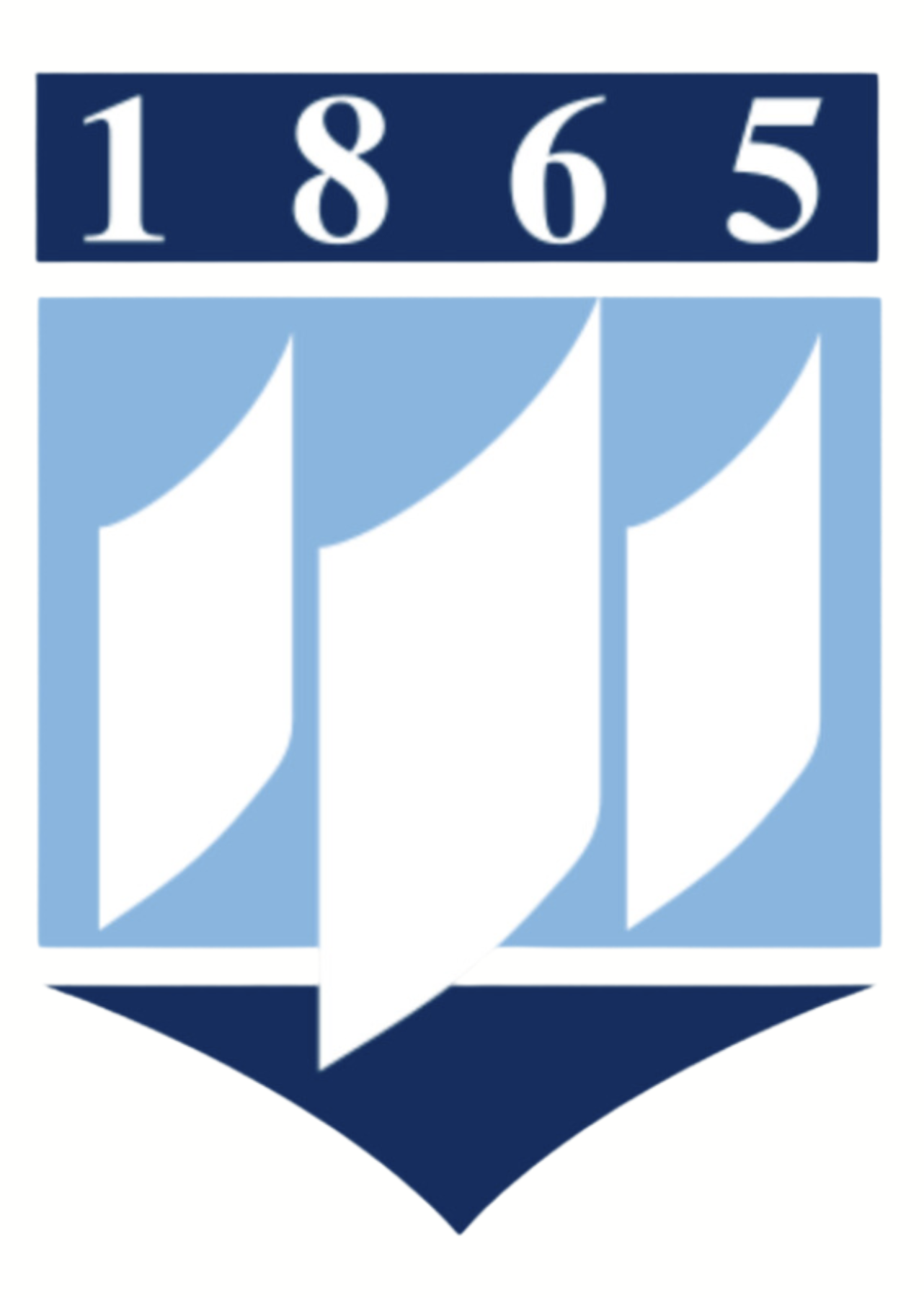
University of Maine
Intelligent Score: 84.71In-state: $9,240
Out-of-state: $30,030
In-state: $8,298
Out-of-state: $8,298
SAT: N/A
ACT: N/A
CCNE
Suburban
nursing@maine.edu
Commission on Collegiate Nursing Education

The University of Texas at Austin
Intelligent Score: 84.33In-state: $11,448
Out-of-state: $40,032
In-state: $12,028
Out-of-state: $12,028
SAT: 1210-1470
ACT: 26-33
CCNE
City
ss@nursing.utexas.edu
Commission on Collegiate Nursing Education
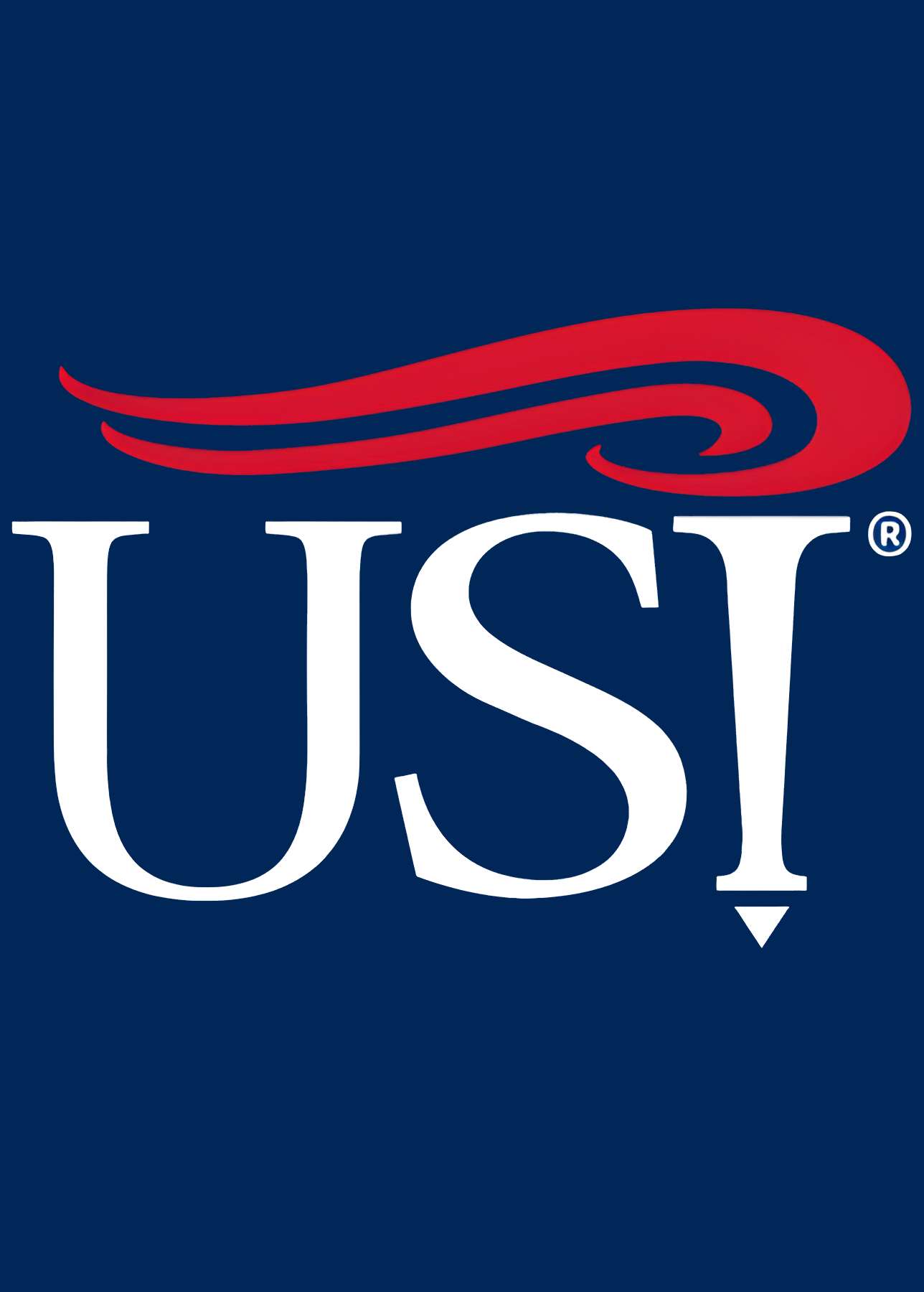
University of Southern Indiana
Intelligent Score: 83.29In-state: $8,716
Out-of-state: $20,252
In-state: $10,246
Out-of-state: $10,246
SAT: 980-1170
ACT: 19-25
CCNE
Suburban
enroll@usi.edu
Commission on Collegiate Nursing Education
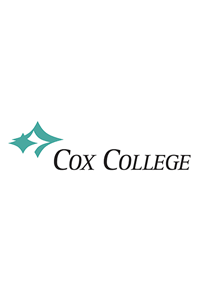
Cox College
Intelligent Score: 82.87In-state: $34,377
Out-of-state: $34,377
In-state: $32,375
Out-of-state: $32,375
SAT: 860 or higher
ACT: 18 or higher
CCNE
City
admissions@coxcollege.edu
Commission on Collegiate Nursing Education
Admissions Requirements for Nursing Schools
Each nursing school sets its own admission requirements, so it’s always a good idea to check with a specific school before applying. However, there are some standard requirements that most nursing schools have in common.
Undergraduate nursing programs typically expect applicants to have a minimum high school GPA of 2.75 or 3.0. For graduate programs, the threshold is 3.0 or 3.5 in undergraduate coursework.
Prerequisites for undergraduate nursing programs include coursework in biology, chemistry, and college-preparatory math with a grade of “C” or better. Nurses need a solid foundation in these subjects in order to perform essential tasks, so it’s important for applicants to demonstrate their experience and proficiency in these areas.
The prerequisites for graduate nursing programs vary based on the type of program students are applying to. For RN-to-MSN programs, students must have successfully completed an undergraduate nursing program that led to a registered nurse (RN) license. Direct-entry MSN programs are open to students who have an undergraduate degree in a field other than nursing, although they must also typically have undergraduate coursework in biology, chemistry, and math.
Nursing schools also commonly require students to submit standardized test scores, such as the SAT or ACT for undergraduates and the GRE for graduate students. Minimum standardized test score thresholds vary by school.
Admissions standards for nursing students are typically high to help schools manage the demand for their programs and to ensure that students are prepared to handle the rigorous, science-focused coursework that is standard in nursing degree programs. Nursing is a highly skilled profession with significant responsibility, and schools want to set students up for success by confirming they have the appropriate knowledge and aptitudes.
How to prepare for applying to nursing school
If you’re thinking about applying to nursing school, the following tips can help you prepare for creating a successful application:
- Complete prerequisite courses: For undergraduate students, this means courses in biology, chemistry, and math. If you didn’t complete these courses in high school or receive at least a “C” grade, you can complete this coursework through an accredited community college or online program.
- Take standardized tests: Most undergraduate programs want SAT or ACT scores as part of applicants’ admissions packets. Some may have minimum score requirements. If you haven’t yet taken the SAT or ACT, or if your score doesn’t meet a school’s minimum, determine which test you’ll take, when you’ll take it, and how much time you’ll need to study.
- Prepare other application materials: While most students focus on academic preparation for nursing school, many programs take a holistic approach to reviewing applicants. This means you should also be prepared to submit a strong personal essay, letters of recommendation, and a resume that shows extracurricular activities and interests.
- Get preliminary nursing experience: Although you need postsecondary education to become a licensed nurse, there are ways to gain professional experience prior to enrolling in nursing school. This includes volunteering or job shadowing at local hospitals or healthcare facilities, becoming certified in basic first aid and life-saving skills like CPR, and participating in the HOSA Future Health Professionals program, if available. Not only will these experiences give you valuable first-hand knowledge of the nursing profession, but they will also demonstrate to potential schools that you’re serious about pursuing a career in nursing.
How we rank schools
This list features the top nursing schools in the country that are relatively easy to get into. Each school featured is a nonprofit, accredited institution — either public or private — with a high standard of academic quality for postsecondary education.
We evaluated each school’s program on admission, retention, and graduation rates as well as tuition costs, faculty, reputation, and the resources provided for online students. Then, we calculated the Intelligent Score on a scale of 0 to 100. Read more about our ranking methodology.
Next, we compared this comprehensive list of online cybersecurity degree programs to a list of aggregated college rankings from reputable publications like U.S. News & World Report, among others, to simplify a student’s college search. We pored through these rankings so students don’t have to.
How to Choose the Nursing School with a High Acceptance Rate That’s Right For You
Consider your needs and goals
While applying to nursing schools with high acceptance rates might be your priority, there are several other factors to consider to ensure you’re selecting the right school for you.
The first step is clarifying your career and educational goals so that you can confirm you’re choosing a program that will help you achieve them. Determine the level of degree you’re seeking, including whether you’re eligible for any specific type of nursing degree program, such as an accelerated BSN or direct-entry MSN. Review the licensure requirements for the state where you will practice to ensure the programs you’re considering meet their education criteria.
Also, think about whether you want to pursue any kind of specialization within the nursing field. Many programs, especially at the graduate level, give students the opportunity to focus on a particular type of nursing, such as pediatrics, gerontology, psychiatric nursing, oncology, cardiology, or obstetrics and gynecology. Knowing if you have an interest in a specialization will allow you to target your search on programs that offer it as an area of focus.
There are also logistical considerations, such as whether you want to focus on local schools or if you’re able to move to a different location to pursue your nursing degree. Determine if you want a program with full-time enrollment or if you’ll attend nursing school part-time.
Research schools and programs
Make sure the institution and program you select have the appropriate accreditation, as this can impact eligibility for financial aid, nursing licensure, and future education opportunities.
Institutions are accredited by regional or national accrediting agencies, while individual nursing programs are accredited by the Accreditation Commission for Education in Nursing (ACEN) or the Commission on Collegiate Nursing Education (CCNE). Students should also confirm that their program meets the education requirements for the National Council Licensure Exam (NCLEX). Attending a non-accredited program can result in students not being able to obtain their nursing licensure, which is required for nursing practice in the U.S.
Students should also pay attention to whether the schools they’re considering are non-profit or for-profit. Many nursing schools with high acceptance rates are for-profit. Acceptance rates are high because schools are incentivized to accept as many students as possible, without considering whether students will succeed in the program or receive a high-quality education.
To learn more about schools, visit their websites, speak to admissions counselors, and attend virtual open houses and information sessions.
Determine how you’ll pay for nursing school
The right nursing degree program is also one that you can reasonably afford. While researching schools, gather information about the program’s full cost (including fees) and the financial aid options available to you. This information is usually available on a school’s website, or you can contact their financial aid office.
Financial aid comes in two forms — need-based and merit-based. Need-based aid includes federal student loans, grants, scholarships, work-study, and assistantships. If you’re planning on using need-based assistance to pay for your nursing degree, you must submit the Free Application for Federal Student Aid (FAFSA).
Schools and external organizations award merit-based aid like scholarships, grants, and fellowships to students based on their achievements and aptitudes. This type of aid is not based on student financial need.
Another option for students who are working while earning a nursing degree is employer tuition assistance benefits. Many companies offer this type of financial support to workers to help them offset educational costs and acquire additional training. Active-duty military members and veterans may be able to get discounted tuition or use GI Bill benefits to pay for their degrees.
What to Expect from Nursing School
The degree level dictates what type of coursework the program includes. Undergraduate programs introduce foundational nursing concepts and skills, with coursework in basic clinical nursing skills, microbiology, anatomy and physiology, and health assessment. Graduate programs help students develop more advanced clinical skills while also focusing on research, leadership, and specialized care.
Regardless of degree level, all nursing programs include hands-on clinical experiences, so students can get exposure to real-world healthcare settings and practice working with patients and care teams. The specific number of required hours and type of settings varies, as each state’s licensing regulations differ. Students can complete their clinical hours in hospitals, urgent care clinics, community health centers, outpatient medical facilities, and more.
Another common feature of nursing degree programs, especially at the graduate level, is the opportunity to specialize in a particular area of nursing, such as critical or emergency care, oncology, cardiology, obstetrics and gynecology, pediatrics, or gerontology.
Types of Nursing Degrees
Degrees for nursing exist at both the undergraduate and graduate levels. What you can expect from nursing school largely depends on the type of degree you’re seeking:
Associate Degree in Nursing (ADN)
Students earning this degree learn foundational principles and skills in nursing and related areas to qualify students for registered nurse (RN) licensure. Clinical practice hours are required, and there are some general education requirements. It takes a minimum of 60 credits to earn an ADN.
Bachelor of Science in Nursing (BSN)
Students earning a BSN learn foundational and intermediate-level principles and skills in nursing and related areas. Clinical practice hours are required, but the program also includes general education requirements. Specialization options may be available. A BSN requires a minimum of 120 credits. There are three Bachelor of Science in Nursing program tracks:
- Traditional BSN: No prior college experience required
- RN-to-BSN/ADN-to-BSN: For students who have prior nursing education
- Accelerated BSN: For students with a bachelor’s degree in a non-nursing field
Master of Science in Nursing (MSN)
Students earning an MSN take advanced-level coursework in nursing and related areas. Clinical practice hours are required, and there are minimal general education requirements. Specialization options are available. An MSN requires a minimum of 30 credits. There are three Master of Science in Nursing program tracks:
- Traditional MSN: For students who have a bachelor’s in a non-nursing field
- Accelerated MSN: For students with a BSN
- RN-to-MSN: For RNs who want to earn a BSN and MSN
Doctor of Nursing Practice (DNP)
A DNP is a terminal nursing degree focusing on advanced clinical practice. Clinical practice hours are required, and there are minimal general education requirements. Specialization options are available. It takes a minimum of 30 credits to earn a DNP.
Potential courses you’ll take in a nursing degree program
- Basic Nursing Concepts: Introduces students to conceptual threads and skills fundamental to the practice of nursing.
- Health Assessment: Prepares students to conduct comprehensive health assessments, with an emphasis placed on the acquisition, processing, and interpretation of data collected from clients of all ages.
- Medical Terminology for Professional Nursing: Focuses on basic medical vocabulary, including spelling and pronunciation, and the appropriate use of terms related to anatomy, physiology, pathological conditions, and their treatment.
- Pharmacology for Clinical Practice: Examines the major categories of pharmacotherapeutic agents used in the promotion, maintenance, and restoration of health and treatment of illness in individuals across the lifespan.
- Human Anatomy and Physiology: A systematic study of the structures and functions of various anatomical systems, including musculoskeletal, neural, circulatory, digestive, respiratory, and reproductive systems of the human body.
What Can You Do with a Nursing Degree?
For most students, the end goal of obtaining a nursing degree is becoming a registered nurse (RN) or advanced practice registered nurse (APRN), depending on the degree they earn.
In most states, an associate degree is the minimum education needed to become a registered nurse. However, having a BSN can qualify RNs for more jobs and higher pay. RNs work with physicians, specialists, and other healthcare providers to coordinate and provide care to patients in a variety of settings, including hospitals, physician’s offices, inpatient and outpatient facilities, and urgent care centers.
RNs who earn an advanced degree like an MSN or DNP can take on leadership roles and provide a greater scope of care. For example, nurse practitioners can prescribe medication, order diagnostic tests, and diagnose medical issues.
Earning a specialization as part of a degree also influences what types of jobs students qualify for post-graduation. Nursing specializations include providing care to patients in different developmental stages, including neonatal, pediatrics, and gerontology, or different settings, such as emergency room care or psychiatric care.
Some nursing professions focus on working with individuals in non-clinical settings. Medical services managers focus on the administrative tasks that keep healthcare facilities operating smoothly. Health educators teach people about behaviors that promote health and wellness.
The Bureau of Labor Statistics predicts continued growth in the healthcare field, with an average of 1.8 million new job openings annually through 2032. The median annual wage for healthcare practitioners is $80,820.
Career outlook
- Licensed practical nurses — Provide primary medical care to ill, injured, or convalescing patients or persons with disabilities.
- Median annual salary: $59,730
- Projected employment growth (through 2032): 5%
- New jobs projected: 54,400 per year
- Registered nurses — Provide and coordinate patient care and educate patients and the public about various health conditions.
- Median annual salary: $86,070
- Projected employment growth (through 2032): 6%
- New jobs projected: 193,100 per year
- Nurse practitioners — Serve as primary and specialty care providers, delivering advanced nursing services to patients and their families, including assessing patients, prescribing medications, ordering medical tests, and diagnosing health problems.
- Median annual salary: $129,480
- Project employment growth (through 2032): 38%
- New jobs projected: 29,200 per year
Nursing School Frequently Asked Questions
How do I apply to nursing school?
The first step is to review the admissions requirements and procedures for the schools you’re considering. This information is usually published on a school’s website, or you can contact the school’s admissions office to learn more.
Generally speaking, schools accept applications and supporting materials via an online application portal. Common application requirements include:
How much does nursing school cost?
The cost of nursing school varies by institution, degree level, and total number of credits required by the program. The amount of financial aid a student receives will also impact how much they must pay out-of-pocket versus how much is subsidized. For the most accurate information about how much programs cost, speak to financial aid counselors at the schools you’re considering.
For the nursing schools on this list, the cost per credit hour for undergraduate programs ranges from $42 to $1,545. For graduate nursing programs, the cost per credit hour ranges from $238 to $2,035. Students who are considering public nursing schools should check whether there are different tuition rates for in-state and out-of-state students. Private institutions charge all students the same tuition rates regardless of their residency.
How long does it take to complete nursing school?
Program completion times vary based on degree level and the pace at which an individual student progresses through the program.
Full-time students can typically complete an ADN in two years, a traditional BSN in four years, and a master’s in one to three years, depending on their previous nursing education and experience. Attending a program part-time will increase the amount of time it takes to earn your degree.
Many accelerated nursing degree programs exist at the BSN and MSN levels. These programs cater to students with academic backgrounds in different areas who just need nursing coursework and clinical experience to complete their degree. These programs typically take one to two years to complete.
